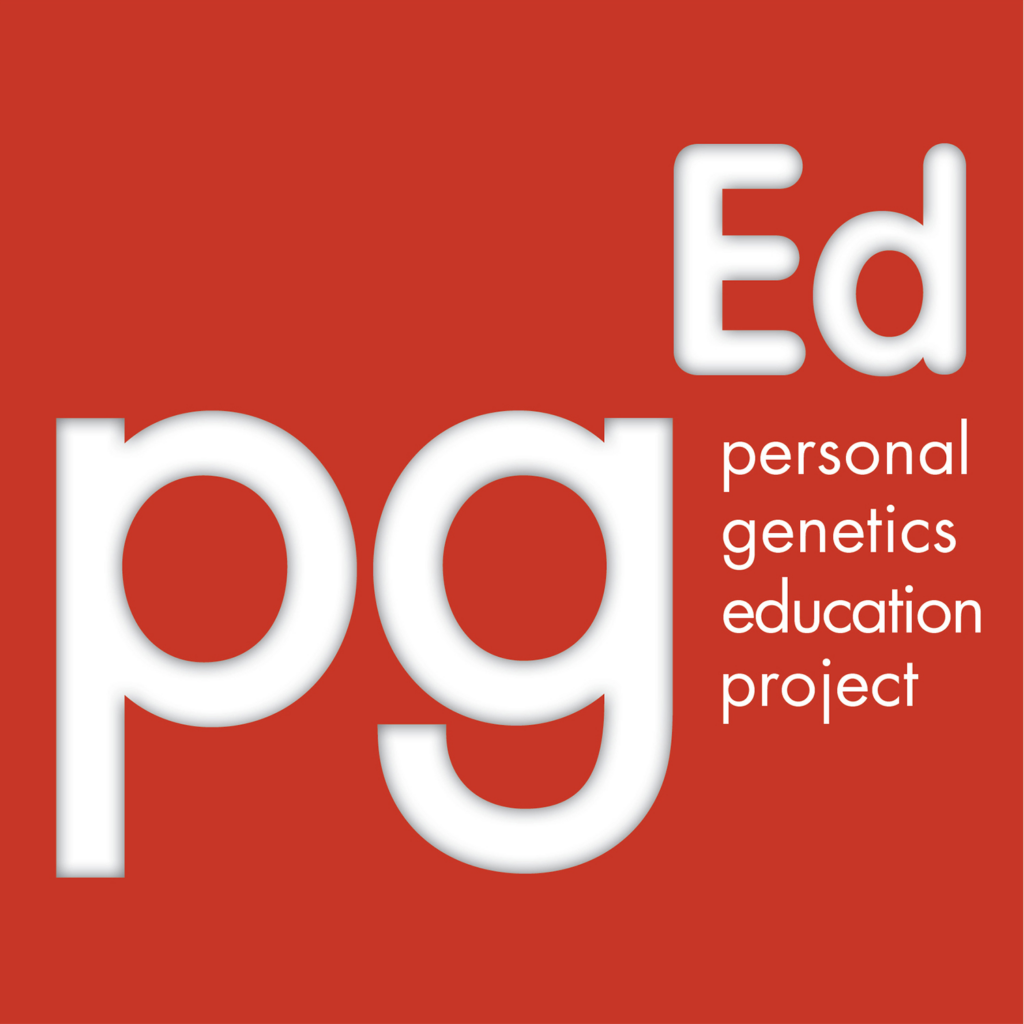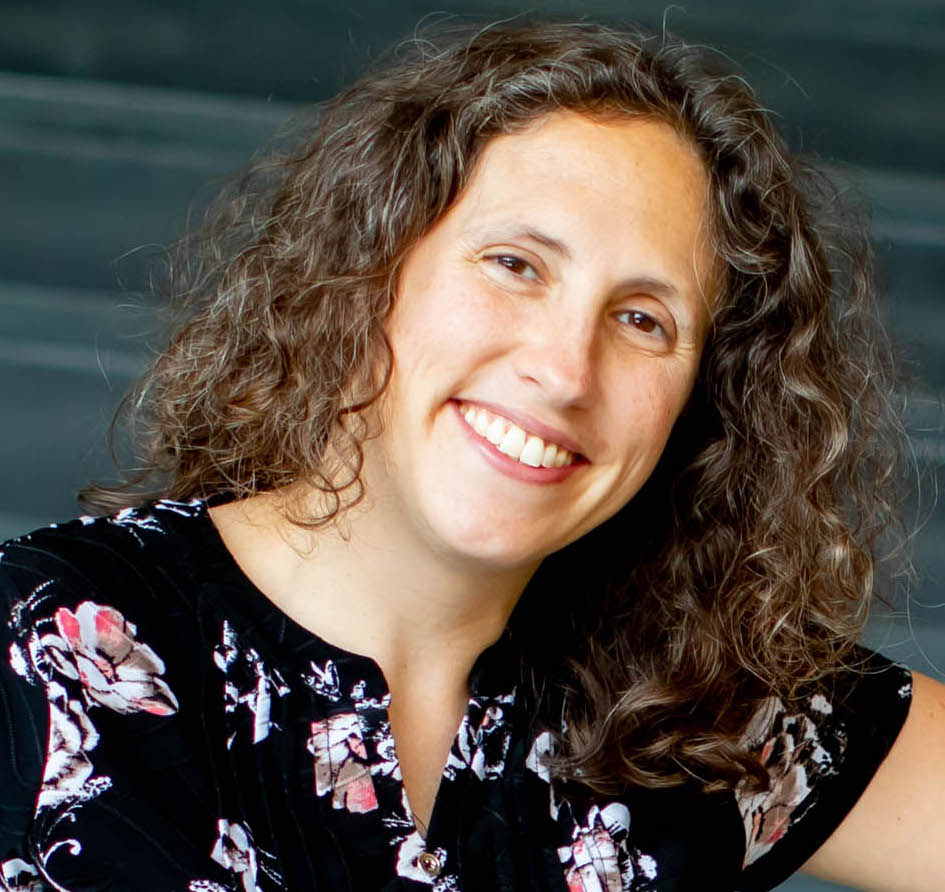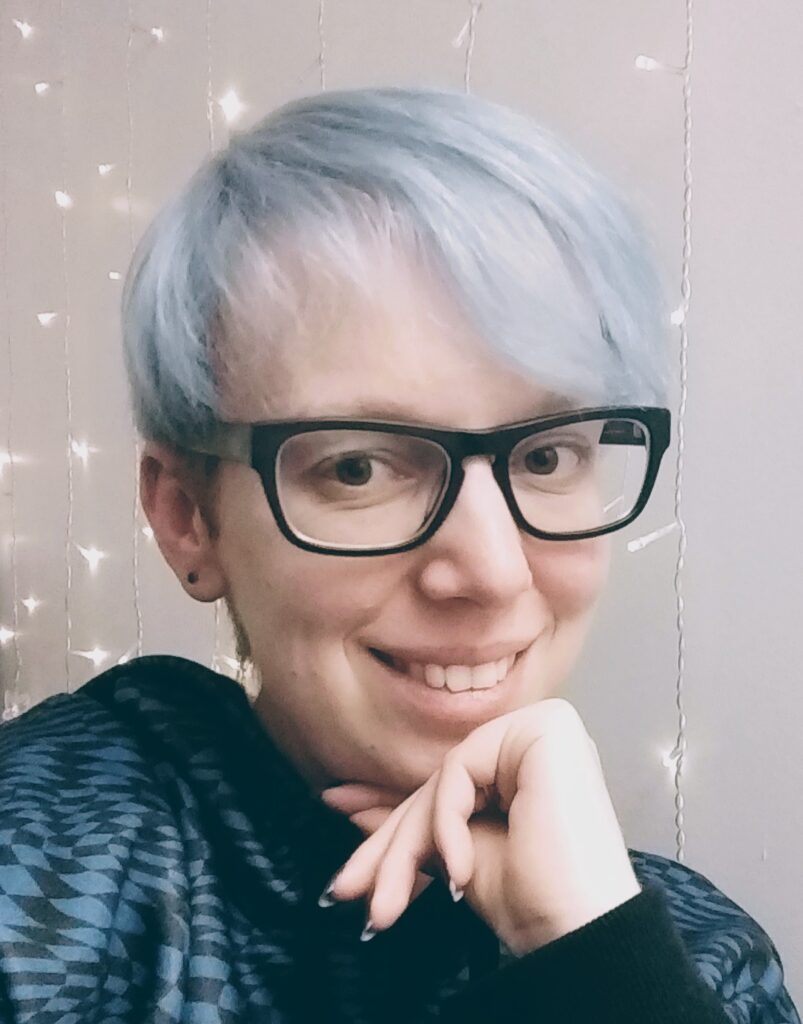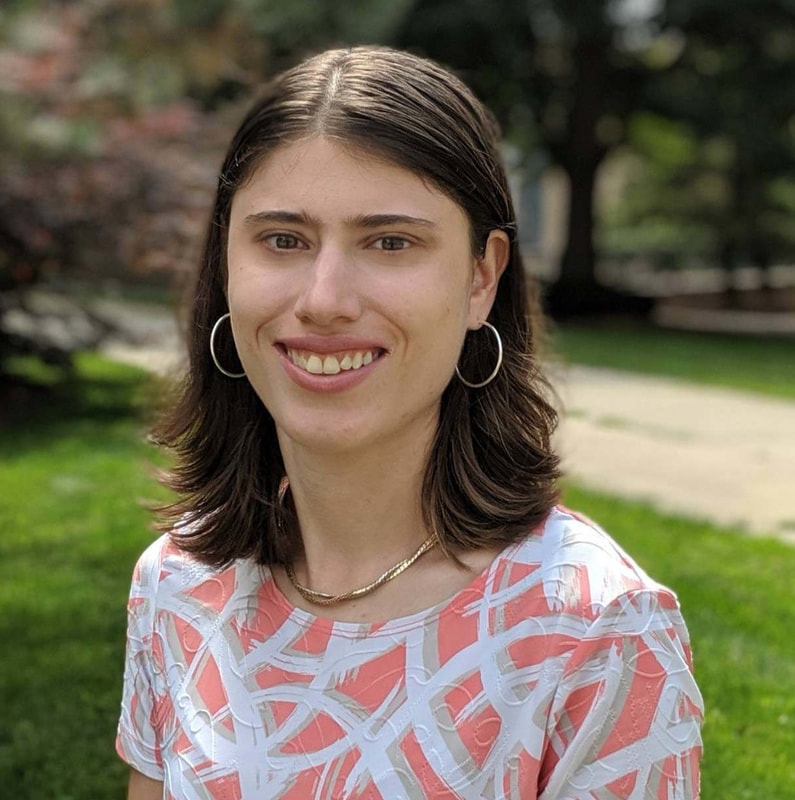
What does it mean to “give science a voice?” Scientists develop an interest in science communication for many reasons (Besley et al., 2015), which can include informing people’s decision-making on forefront issues in their fields.
Scientists, regardless of their specific areas of expertise, often find themselves in the role of advocates for science more generally in addressing enormous societal challenges, such as vaccine hesitancy, health inequity, or addressing climate change.
There certainly is no shortage of issues in which policymakers, community leaders, and the broader public might benefit from scientists’ perspectives. However, these efforts fall short when scientists – even inadvertently – convey a sense that their voice matters most and to the exclusion of others. Decades of polling suggest that people in the US and worldwide generally express interest in scientific advances, and recognize the potential value of science and technology in improving human lives (National Science Board (NSB), 2022; Wellcome Trust, 2019). However, trust in and support for science does not necessarily translate into unqualified positive feelings about scientists- who are often perceived as cold, asocial, and indifferent to the moral dimensions and social impacts of their work (Besley, 2015; Fiske & Dupree, 2014; Rutjens & Heine, 2016).
If scientists and science advocates wish to be a voice that people seek out and listen to, we must embrace engagement approaches that are effective at overcoming barriers that often separate or exclude people from conversations about science. These practices include 1) centering empathy and humility, 2) promoting awe, wonder and curiosity, 3) acknowledging how culture, values and identity impact ideas about science, and 4) making space for diverse perspectives and forms of expertise (Tervalon & Murray-García, 1998; McPhetres, 2019; Canfield et al., 2020; Kearns, 2021; O’Malley et al., 2021). “Giving science a voice“ means listening as well as talking.
This is why the Personal Genetics Education Project (www.pgEd.org), founded in 2006 in the laboratory of Dr. Ting Wu at Harvard Medical School, prioritizes conversation. Advances in genetics will increasingly intersect with the lives of everyone on earth- whether in the context of personal or family health, agriculture, law enforcement, and responses to environmental challenges. The goal of pgEd is to foster inclusive conversation about the personal and social impacts of genetics, so that all individuals and communities are empowered to advocate for themselves in decision-making about genetics and to strengthen science in service of society.
We create opportunities for diverse segments of the public- including policymakers, filmmakers, faith leaders, educators, and scientists – to learn from and share with each other about current and future impacts of genetic advances on their lives and on society as a whole. We do this through informal conversations, webinars and panel discussions, professional development workshops, free lesson plans and other education resources, and collaborations within and beyond scientific circles. We look forward to (virtually) sharing our program’s approach, and to learning from other attendees, at SciTalk 2023!
Meet the Presenters:

Marnie Gelbart
Photo Credit: Rose Lincoln/Harvard Staff Photographer

Marnie Gelbart, PhD: (Director of Programs, pgEd) leads initiatives to engage with people from many walks of life in conversations on genetics. Recent examples include collaborations with the ASL Education Center and communities of faith, organizing Congressional briefings, and working with the Genetics Society of America to train scientists.
Nadince Vincenten PhD: As a scientist and educator at pgEd, Nadine Vincenten, Ph.D. leads projects that connect cutting-edge genetics research to people’s daily lives. She develops curriculum and presents workshops that address complex scientific topics in an accessible way and invite people to grapple with the surrounding ethical and social issues.
Besley, J. C. (2015). Predictors of perceptions of scientists: Comparing 2001 and 2012. Bulletin of Science, Technology & Society, 35(1–2), 3–15.
Besley, J. C., Dudo, A., & Storksdieck, M. (2015). Scientists’ views about communication training. Journal of Research in Science Teaching, 52(2), 199–220. https://doi.org/10.1002/tea.21186
Canfield, K. N., Menezes, S., Matsuda, S. B., Moore, A., Mosley Austin, A. N., Dewsbury, B. M., Feliú-Mójer, M. I., McDuffie, K. W. B., Moore, K., Reich, C. A., Smith, H. M., & Taylor, C. (2020). Science Communication Demands a Critical Approach That Centers Inclusion, Equity, and Intersectionality. Frontiers in Communication, 5, 2. https://doi.org/10.3389/fcomm.2020.00002
Fiske, S. T., & Dupree, C. (2014). Gaining trust as well as respect in communicating to motivated audiences about science topics. Proceedings of the National Academy of Sciences, 111(Supplement_4), 13593–13597. https://doi.org/10.1073/pnas.1317505111
Kearns, F. (2021). Getting to the heart of science communication: A guide to effective engagement. Island Press.
McPhetres, J. (2019). Oh, the things you don’t know: Awe promotes awareness of knowledge gaps and science interest. Cognition and Emotion, 33(8), 1599–1615. https://doi.org/10.1080/02699931.2019.1585331
National Science Board (NSB). (2022). Science and Technology: Public Perceptions, Awareness, and Information Sources. Science and Engineering Indicators 2022. National Science Foundation. https://ncses.nsf.gov/pubs/nsb20227
O’Malley, R. C., Slattery, J. P., Baxter, C. L., & Hinman, K. (2021). Science engagement with faith communities: Respecting identity, culture and worldview. Journal of Science Communication, 20(01), C11. https://doi.org/10.22323/2.20010311
Rutjens, B. T., & Heine, S. J. (2016). The Immoral Landscape? Scientists Are Associated with Violations of Morality. PLOS ONE, 11(4), e0152798. https://doi.org/10.1371/journal.pone.0152798
Tervalon, M., & Murray-García, J. (1998). Cultural Humility Versus Cultural Competence: A Critical Distinction in Defining Physician Training Outcomes in Multicultural Education. Journal of Health Care for the Poor and Underserved, 9(2), 117–125. https://doi.org/10.1353/hpu.2010.0233
Wellcome Trust. (2019). Wellcome Global Monitor 2018. https://wellcome.org/ reports/wellcome-global-monitor/2018.



Leave a Reply